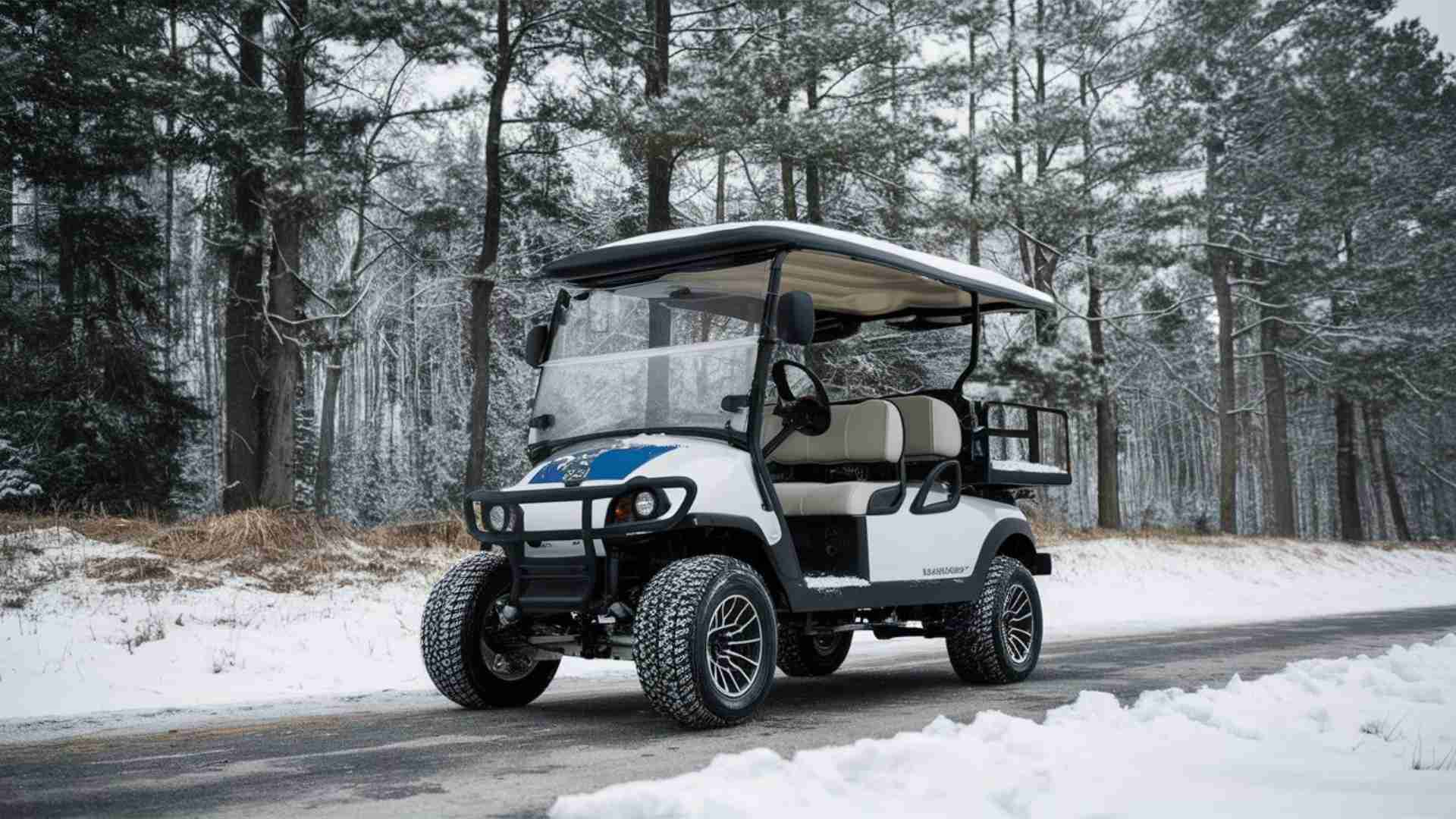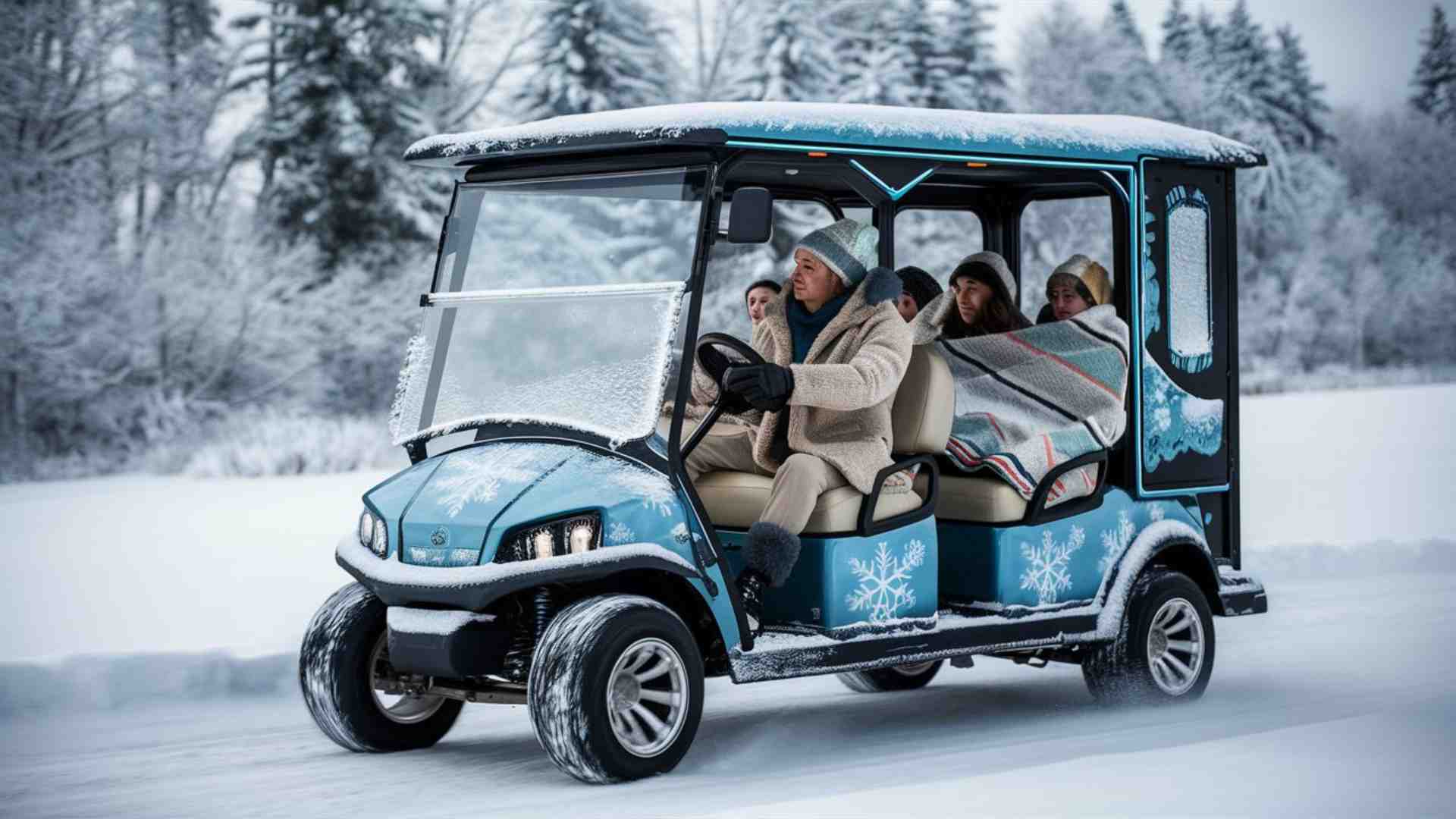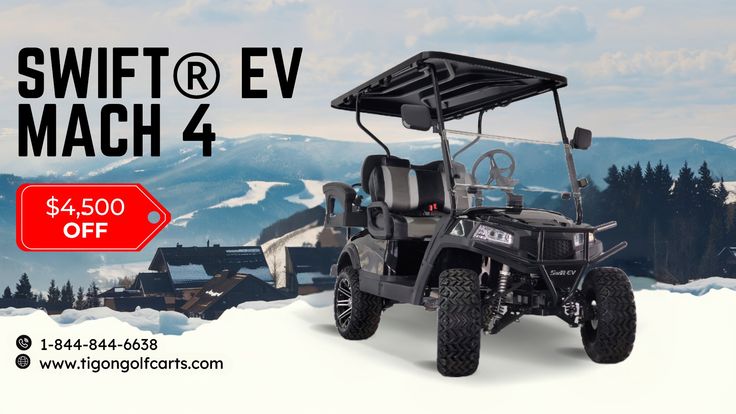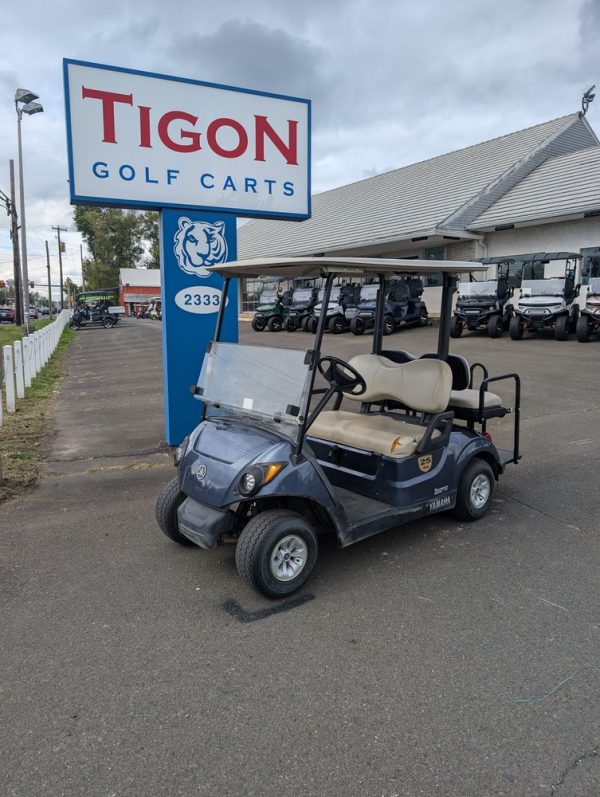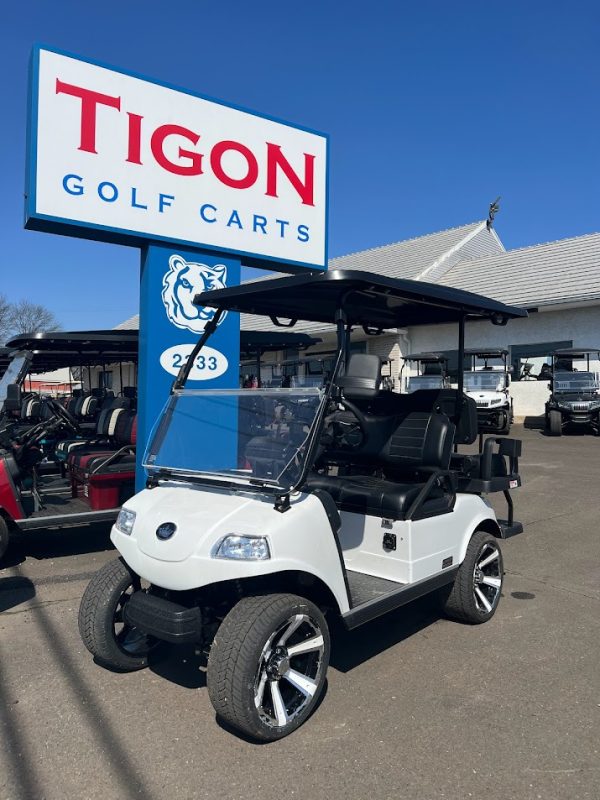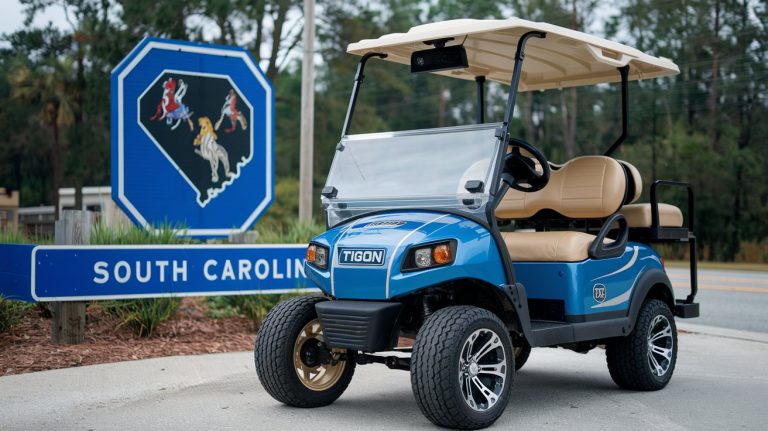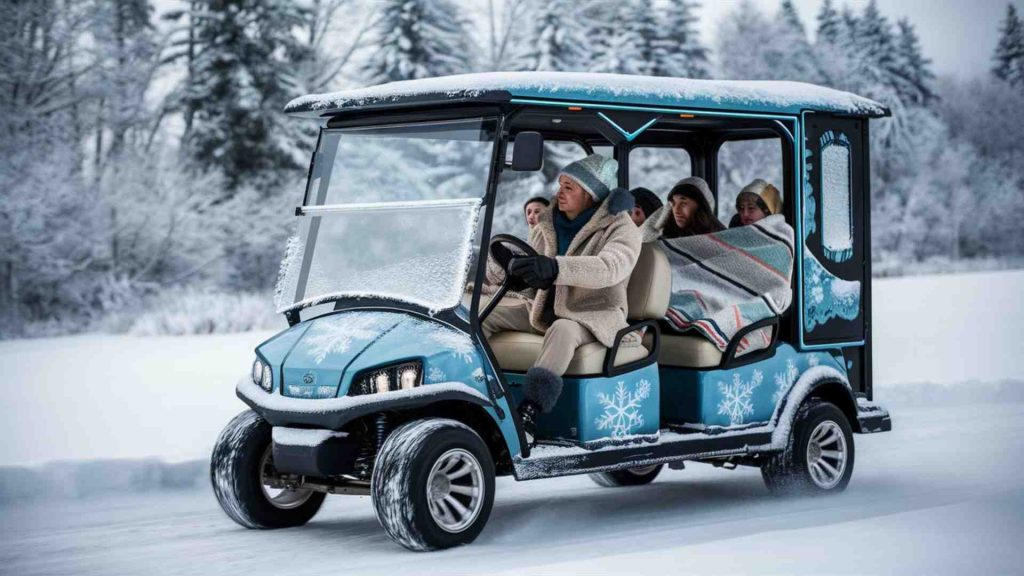
Best Golf Cart Batteries for Winter Use
Best Golf Cart Batteries for Winter Use
As winter approaches, ensuring your golf cart is equipped with the best battery for cold weather can make a significant difference in performance and longevity. With various battery types available, it’s essential to understand which ones offer the best reliability and efficiency during colder months.
What Batteries Last Longest in Cold Weather?
Lithium Iron Phosphate (LiFePO4/LFP) Batteries
Among the available options, Lithium Iron Phosphate (LiFePO4/LFP) batteries stand out as the best choice for cold weather. These batteries offer a greater depth of discharge and a lower self-discharge rate, losing only about 2% of storage capacity below 32°F (0°C). In contrast, lead acid batteries can lose 20-30% of their capacity at the same temperature and typically have a depth of discharge around 50%.
The Three Most Common Choices
Potential buyers will notice three main types of golf cart batteries available: lead acid, AGM (Absorbed Glass Mat), and lithium LiFePO4 batteries. Each type has its advantages and disadvantages in terms of quality, long-term cost, and performance.
Lead Acid Batteries
Lead acid batteries have been around for over a century and are the most common type of deep-cycle battery. They are also the most affordable. These batteries generate power through a chemical reaction between lead and sulfuric acid, often referred to as “wet” batteries due to their water and acid mixture. One downside of lead acid batteries is the need for regular refilling and maintenance to prevent corrosion and ensure longevity.
AGM (Absorbed Glass Mat) Batteries
AGM batteries are a variation of lead acid batteries and generally offer improvements over traditional lead acid types. They have a self-contained system that eliminates the need to refill water, reducing maintenance. However, they are sensitive to overcharging and require careful monitoring to avoid issues.
Lithium LiFePO4 Batteries
Lithium LiFePO4 batteries are the latest innovation in battery technology. Invented in the mid-90s, these batteries are made of lithium iron phosphate, offering superior efficiency compared to lead acid and AGM batteries. They typically last 4-6 times longer than lead acid batteries and come with built-in battery monitoring systems (BMS) to protect against overcharging and voltage issues. These batteries can easily last over 10 years with proper care.
Lithium: The Best Golf Cart Battery?
Several factors make lithium batteries the best option for golf carts, especially during winter.
Performance
Lithium batteries provide more power and weigh substantially less than lead-acid counterparts, enhancing speed and ability to handle rough terrain. They maintain full strength throughout the charge cycle, unlike lead acid batteries that lose power as they discharge.
Longevity
Lithium batteries excel in longevity. While lead acid batteries typically last about 400 cycles and AGM batteries around 500 cycles, lithium batteries can last approximately 5,000 partial cycles. Additionally, lithium batteries lose charge at a rate of only 2% per month compared to 30% for lead batteries.
Ease of Use
Lithium batteries require no maintenance—no need to add water or worry about corrosion. They also recharge 4-6 times faster than lead acid batteries and feature Bluetooth connectivity to monitor power levels and battery health via a smartphone.
Long-Term Value
Despite a higher initial cost, lithium batteries offer greater long-term value due to their extended lifespan and lower maintenance requirements. Over time, they prove more economical than lead acid or AGM batteries.
Maintenance Tips for Winter Use
Proper storage and maintenance are crucial for battery longevity during winter. Here are some tips to ensure your golf cart battery remains in good condition:
- Charge to Full Capacity: Ensure batteries are fully charged before storage.
- Detach the Negative Cable: Disconnect the negative cable to prevent phantom loads and self-discharge.
- Store in a Cool, Dry Place: Keep batteries at around 60°F (15°C) in a well-ventilated area. Avoid placing them directly on the ground.
- Routine Inspections: Even low-maintenance batteries require periodic checks. Clean connectors, monitor fluid levels, and ensure proper voltage.
Choosing the right battery for your golf cart, especially for winter use, is crucial for maintaining performance and longevity. Lithium LiFePO4 batteries offer the best combination of efficiency, longevity, and ease of use, making them the ideal choice for cold weather. Proper maintenance and storage further enhance their durability, ensuring your golf cart is ready to hit the course when the warmer months return.
FAQs
What Batteries Last Longest in Cold Weather?
Lithium Iron Phosphate (LiFePO4/LFP) batteries last the longest in cold weather, maintaining about 98% of their storage capacity even below 32°F (0°C).
What are the Most Common Types of Golf Cart Batteries?
The three most common types are lead acid, AGM (Absorbed Glass Mat), and lithium LiFePO4 batteries.
Why are Lithium Batteries the Best for Golf Carts?
Lithium batteries offer superior performance, longer lifespan, lower maintenance, and better long-term value compared to lead acid and AGM batteries.
How Should I Store My Golf Cart Battery in Winter?
Ensure the battery is fully charged, detach the negative cable, store in a cool and dry place, and conduct routine inspections to maintain optimal performance.
With these insights, you’re well-equipped to choose the best golf cart battery for winter use and ensure your vehicle remains in top condition throughout the colder months.
GET THE GOLF CART LSV AT THE RIGHT PRICE!
Tigon Golf Carts proudly offers 0% Vehicle Financing, making it easier than ever to own your dream golf cart. With flexible payment options and competitive rates, we ensure that Upgrading or Purchasing for the first time is not only exciting but also financially feasible for our customers, allowing you to hit the road in style without breaking the bank.

